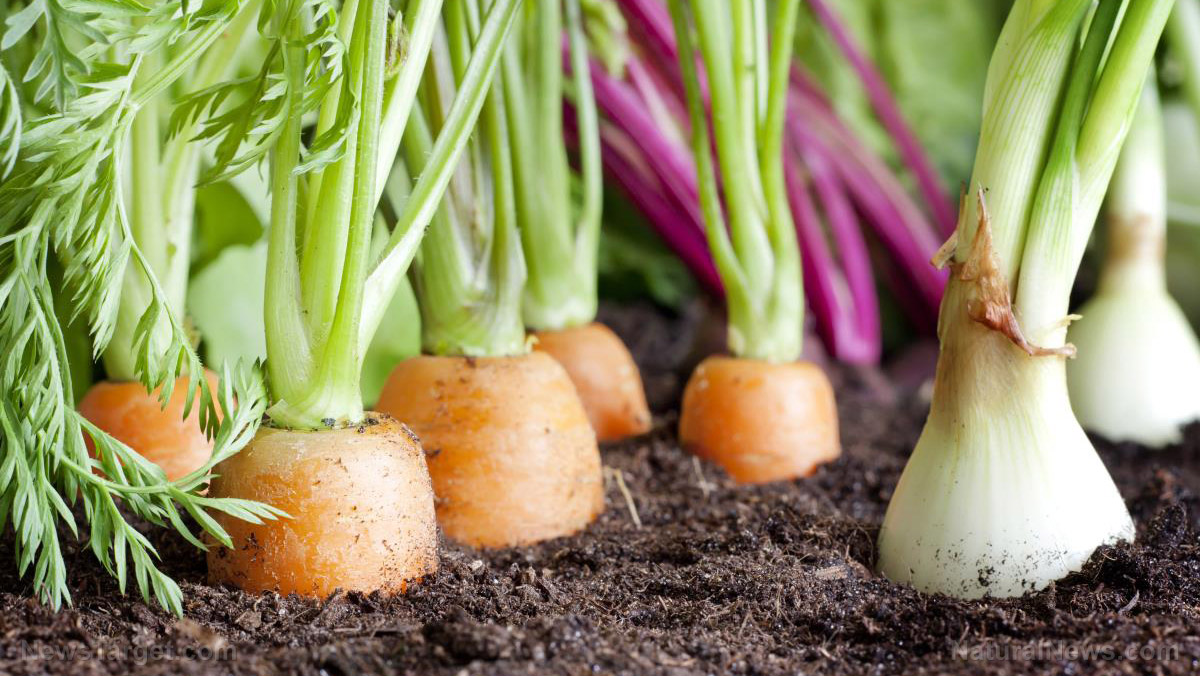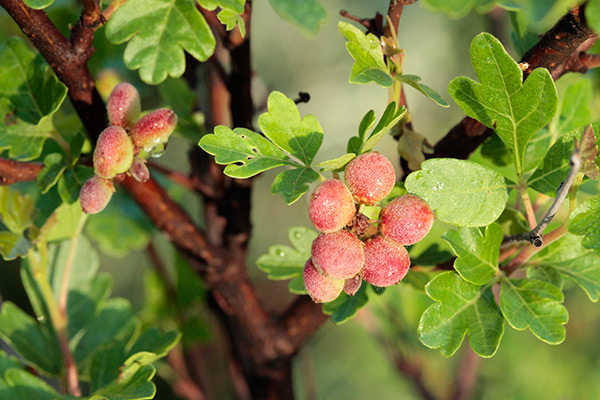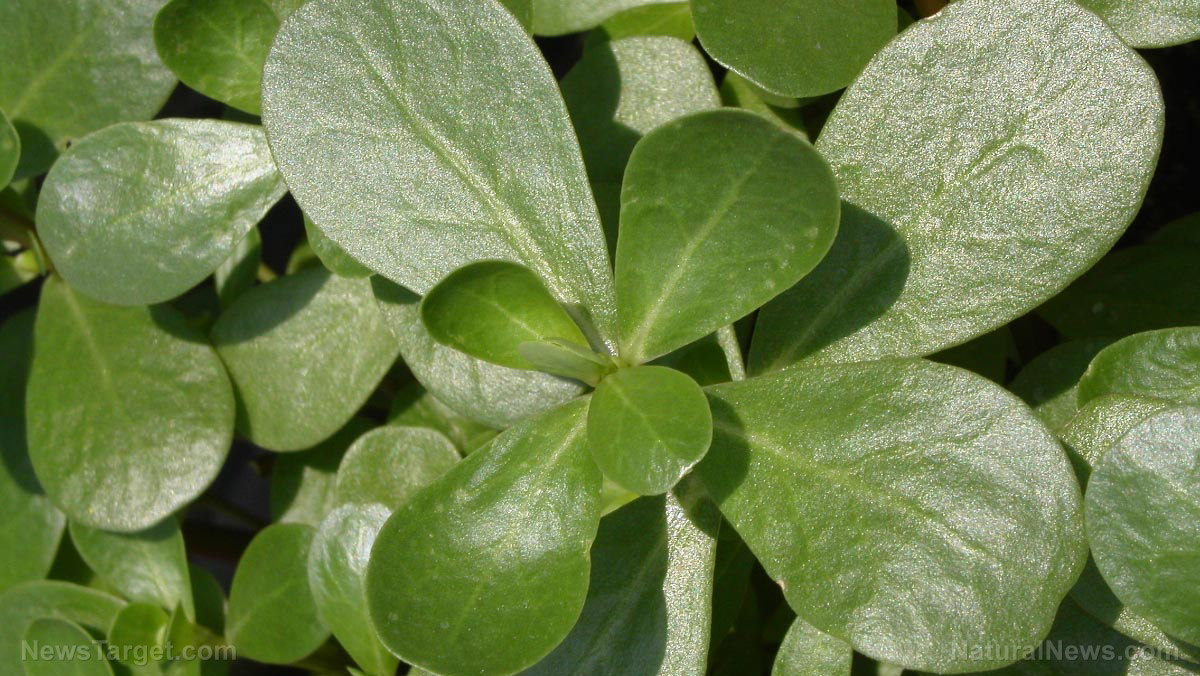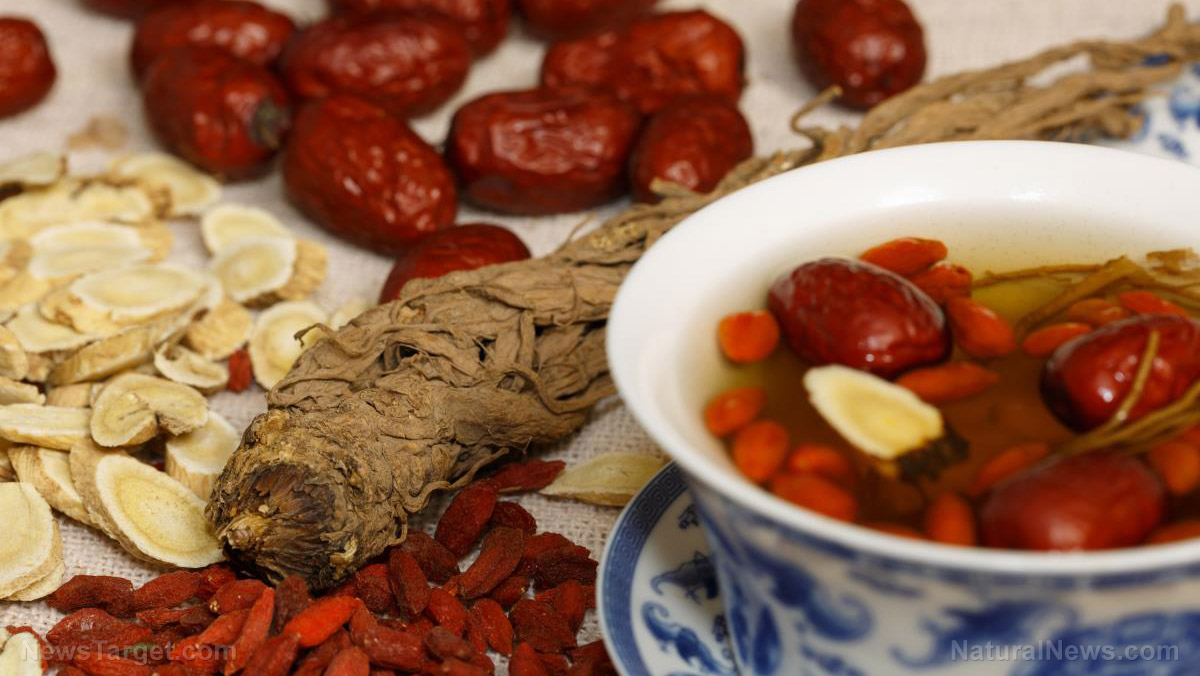Holy basil: This Ayurvedic medicine for skin diseases is also a potent anti-cancer agent
07/09/2020 / By Evangelyn Rodriguez
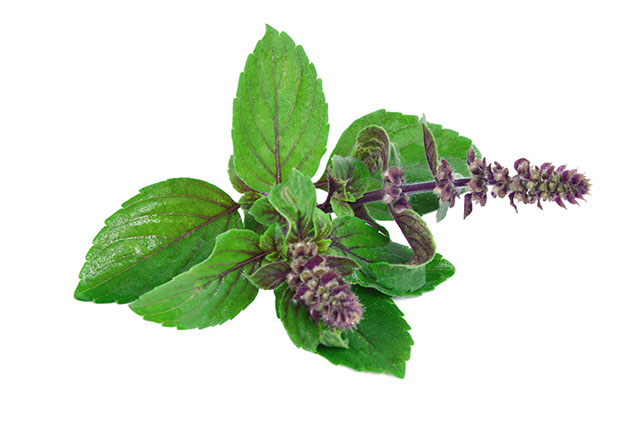
Ocimum sanctum, also known as holy basil or tulsi, is an aromatic medicinal herb native to Southeast Asia. Widely used in traditional medicine, holy basil is considered a great tonic for the body, mind and spirit. In fact, it is also called the “queen of the herbs” because of its many therapeutic properties.
In Ayurveda — an ancient system of medicine developed in India — holy basil is used to purify the body, cleanse the respiratory tract of toxins and relieve digestive issues, such as excessive gas and bloating. The essential oil extracted from its leaves is also useful for eliminating microbial pathogens and soothing insect bites. According to studies, holy basil essential oil is rich in phytonutrients like eugenol, camphor and nerol.
Other parts of holy basil are also used to make natural remedies. For instance, fresh holy basil flowers are great for treating bronchitis, while its leaves and seeds — when combined with black pepper — are excellent medicine for malaria. Holy basil extracts, meanwhile, can help with stomach ulcers and eye diseases. They are also used to make ointments for skin problems, such as eczema.
But these are not all holy basil has to offer. In a recent study, a researcher at Government Degree College, Khairatabad in India found that the herb also has anti-cancer properties that enable it to stop the growth of lung cancer cells. This was confirmed by experiments involving plant suspension cultures of holy basil.
This study was published in the International Journal of Green Pharmacy.
Holy basil extracts show potency against lung cancer cells
For the in vitro experiment, human lung cancer (A549) cells were exposed to ethanol, acetone and aqueous leaf extracts of holy basil. The researcher used MTT assay and trypan blue dye exclusion assay the evaluate each extract’s anti-cancer activity.
The MTT assay is based on the capacity of mitochondrial enzymes of viable cells to reduce MTT, a yellow soluble salt, to a purple-blue insoluble formazan precipitate. This conversion is quantified using a spectrophotometer at a wavelength of 570 nm.
The trypan blue dye exclusion assay, meanwhile, is a cell staining method used to quantify the number of viable cells present in a cell suspension. Cells are counted under a microscope using a hemocytometer. Because their cell membranes are no longer intact, dead cells appear blue after trypan blue staining. Live cells remain unstained.
The researcher reported that while the aqueous leaf extract of holy basil did not show any anti-cancer activity, both the acetone and ethanol leaf extracts did. The acetone leaf extract displayed the highest anti-cancer activity at a concentration of 40 to 50 mcg/mL.
Based on these findings, the researchers concluded that holy basil acetone and ethanol leaf extracts have anti-cancer properties and can be developed as treatments for lung cancer.
Other health benefits of holy basil
An extraordinary medicinal herb, holy basil is also used for culinary purposes. It is described as spicy and slightly bitter-tasting and features in various Asian recipes, such as the popular Thai street food, chicken with holy basil, and other Thai stir fry dishes.
Holy basil leaves are also used to make a medicinal herbal tea. Ayurvedic practitioners believe that holy basil tea has the same calming and relaxing effects as yoga. And because it is rich in essential nutrients, such as vitamins A and C, calcium, zinc, iron and chlorophyll, holy basil is a great addition to a healthy diet.
Here are the other health benefits associated with holy basil:
- Helps reduce stress and anxiety
- Helps detoxify the body
- Boosts wound healing
- Helps prevent infections
- Helps reduce blood sugar
- Aids in weight loss
- Helps lower blood cholesterol
- Helps reduce inflammation
- Helps protect against stress-induced ulcers
Holy basil can be used in many ways. While some prefer to eat its leaves raw, others like to flavor their food with it. Some people also take holy basil supplements or drink holy basil tea daily to boost their physical and mental health. Whether you choose to consume holy basil or use holy basil essential oil as a topical remedy, this herb is sure to suit your body’s needs.
Learn more about this multi-purpose plant at Herbs.news.
Sources include:
Tagged Under: alternative medicine, anticancer, cancer cures, cancer treatments, food cures, food is medicine, functional food, herbal medicine, Herbs, holy basil, natural cures, natural medicine, remedies, research
RECENT NEWS & ARTICLES
AntiCancer.News is a fact-based public education website published by AntiCancer News Features, LLC.
All content copyright © 2018 by AntiCancer News Features, LLC.
Contact Us with Tips or Corrections
All trademarks, registered trademarks and servicemarks mentioned on this site are the property of their respective owners.



